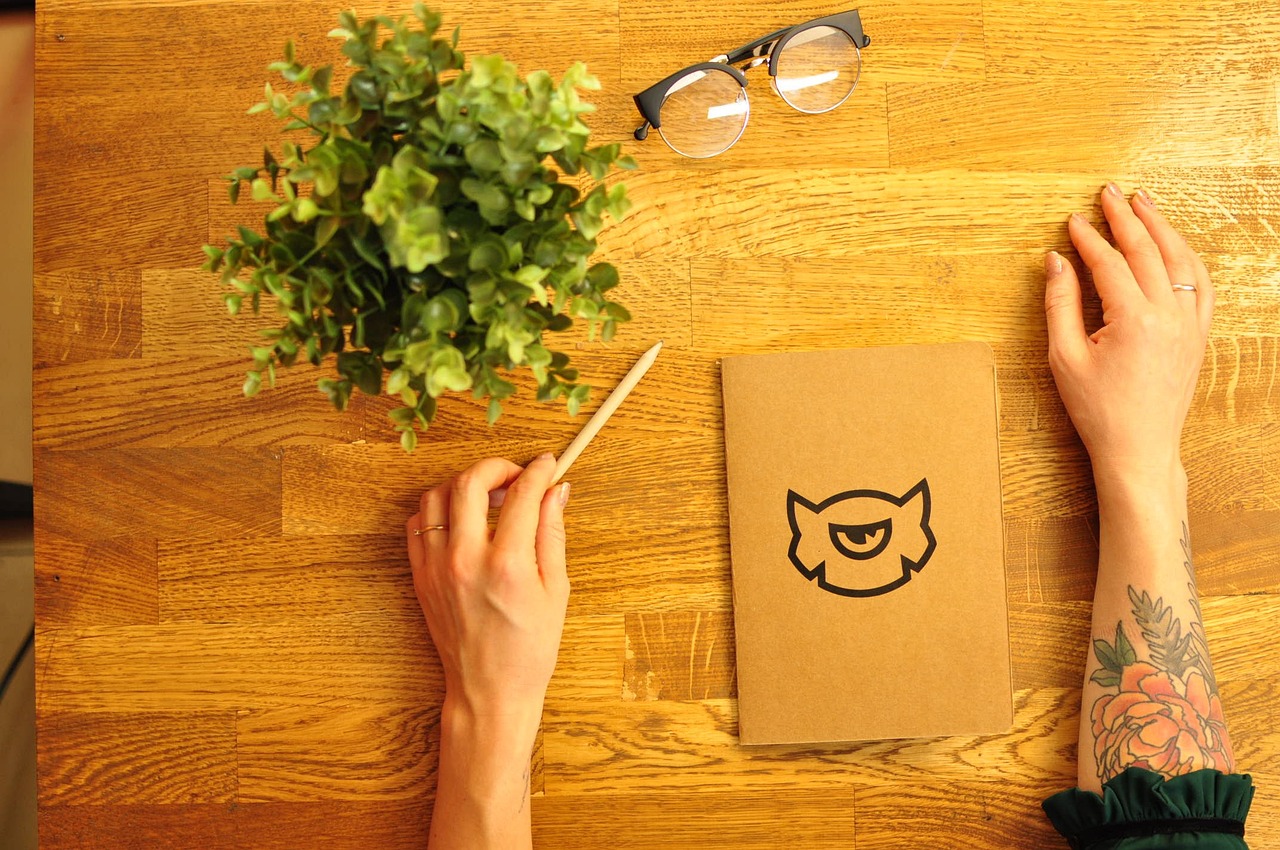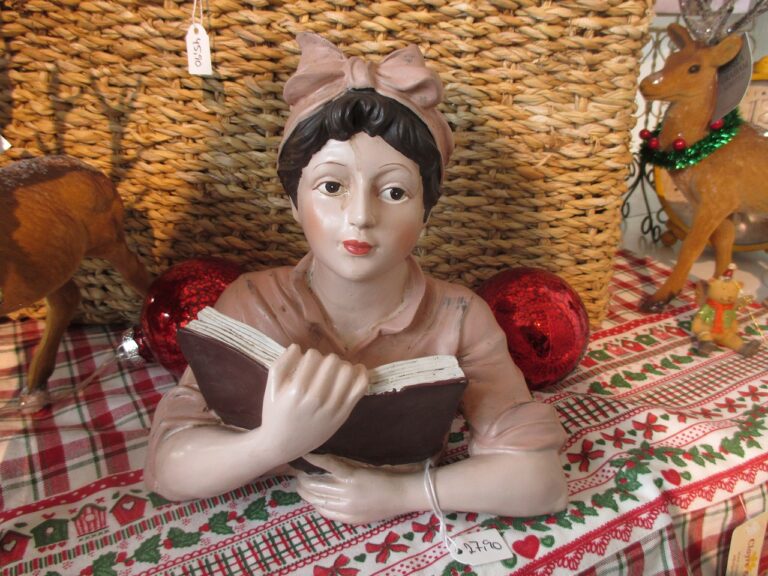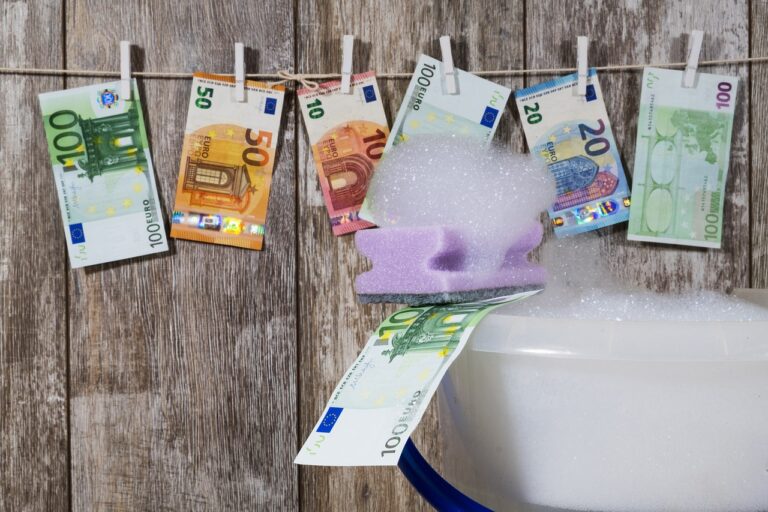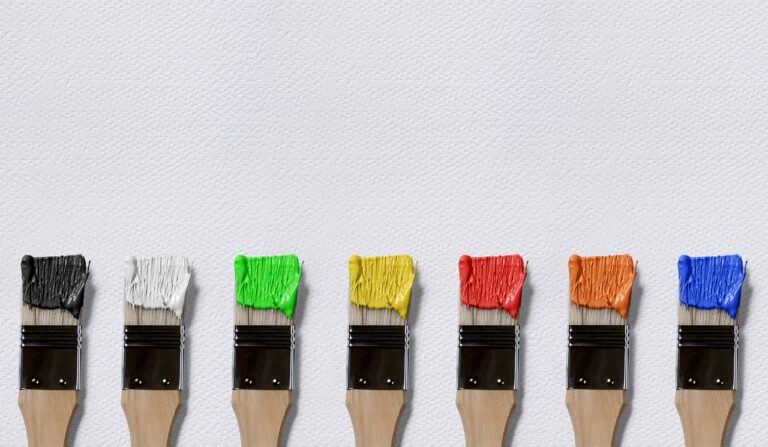Understanding the Cultural Significance of Jewelry Exchange Rituals: Betbhai book, Cricbet99 login, Diamondexch9 login
betbhai book, cricbet99 login, diamondexch9 login: Understanding the Cultural Significance of Jewelry Exchange Rituals
When it comes to cultural traditions, jewelry exchange rituals hold a significant place in many societies around the world. From engagement rings to heirloom pieces passed down through generations, the act of giving and receiving jewelry has deep-rooted meanings that go beyond mere material value. In this article, we delve into the cultural significance of jewelry exchange rituals and explore why these acts hold such importance in different cultures.
The Symbolism Behind Jewelry Exchange
Jewelry has always been more than just adornment; it is a symbol of love, commitment, and cultural heritage. When we exchange jewelry, we are not just exchanging objects; we are exchanging emotions, memories, and values. In many cultures, jewelry is seen as a tangible representation of one’s bond with another person or a connection to their ancestral roots.
Celebrating Milestones and Life Events
In many cultures, jewelry exchange rituals are a way to mark significant milestones and life events. Whether it’s an engagement, wedding, or anniversary, exchanging jewelry serves as a symbolic gesture of commitment and love. These rituals create a sense of unity and connection between individuals and families, strengthening the bonds that hold communities together.
Passing Down Family Heirlooms
One of the most cherished aspects of jewelry exchange rituals is the passing down of family heirlooms. These pieces carry with them the stories and memories of generations past, creating a sense of continuity and heritage within a family. By passing down jewelry, families preserve their traditions and honor the legacy of their ancestors.
Cultural Identity and Expression
Jewelry is a form of self-expression and a way to showcase one’s cultural identity. In many cultures, specific types of jewelry are worn to signify social status, religious beliefs, or tribal affiliations. By exchanging jewelry, individuals reinforce their cultural identity and connect with their heritage in a meaningful way.
Enhancing Trust and Solidifying Relationships
Exchanging jewelry is a gesture of trust and a way to solidify relationships between individuals. By giving someone a piece of jewelry, you are not just giving them an object; you are giving them a piece of yourself. This act fosters trust, respect, and intimacy, strengthening the emotional bonds between people.
Preserving Traditions and Values
Jewelry exchange rituals play a vital role in preserving cultural traditions and values. By upholding these customs, communities keep their heritage alive and pass on their beliefs and values to future generations. These rituals serve as a reminder of where we come from and the importance of maintaining our cultural identity.
FAQs:
Q: What are some common jewelry exchange rituals?
A: Some common jewelry exchange rituals include engagement ring ceremonies, wedding ceremonies, anniversary celebrations, and the passing down of family heirlooms.
Q: What is the significance of exchanging jewelry?
A: Exchanging jewelry is a symbolic gesture of love, commitment, and cultural heritage. It strengthens relationships, preserves traditions, and enhances cultural identity.
Q: How can I incorporate jewelry exchange rituals into my own life?
A: You can incorporate jewelry exchange rituals into your life by gifting meaningful pieces of jewelry to loved ones, participating in traditional ceremonies, and passing down family heirlooms to future generations.







